You'll see question gaps where competitors consistently get recommended, high-value questions that generate frequent responses in your industry, and specific opportunities to increase your answer inclusion based on actual question-answer patterns.
Track Your Question Performance Across All Major Platforms
Monitor how question targeting affects your recommendation frequency across AI platforms. When you optimize content for high-value questions or address question gaps, you'll see exactly how it impacts your mention rates. While Gauge tracks the four major AI platforms daily, AEO optimization principles provide broader visibility benefits across the expanding ecosystem of AI-powered search and recommendation systems.
Real Results from Question Intelligence
One customer used our question intelligence approach to understand which evaluation questions prospects ask most in their industry and optimized their content to address those specific questions. They went from appearing in 22% of relevant AI answers to 42% in just four days.
Another team identified the comparison questions where competitors dominated recommendations and tripled their visibility by creating targeted content that directly addressed those question patterns.
According to PwC research, companies implementing AI optimization strategies can achieve 20% to 30% gains in productivity, speed to market, and revenue. You'll stop guessing about prospect questions and start targeting the specific questions that drive recommendations in your industry.














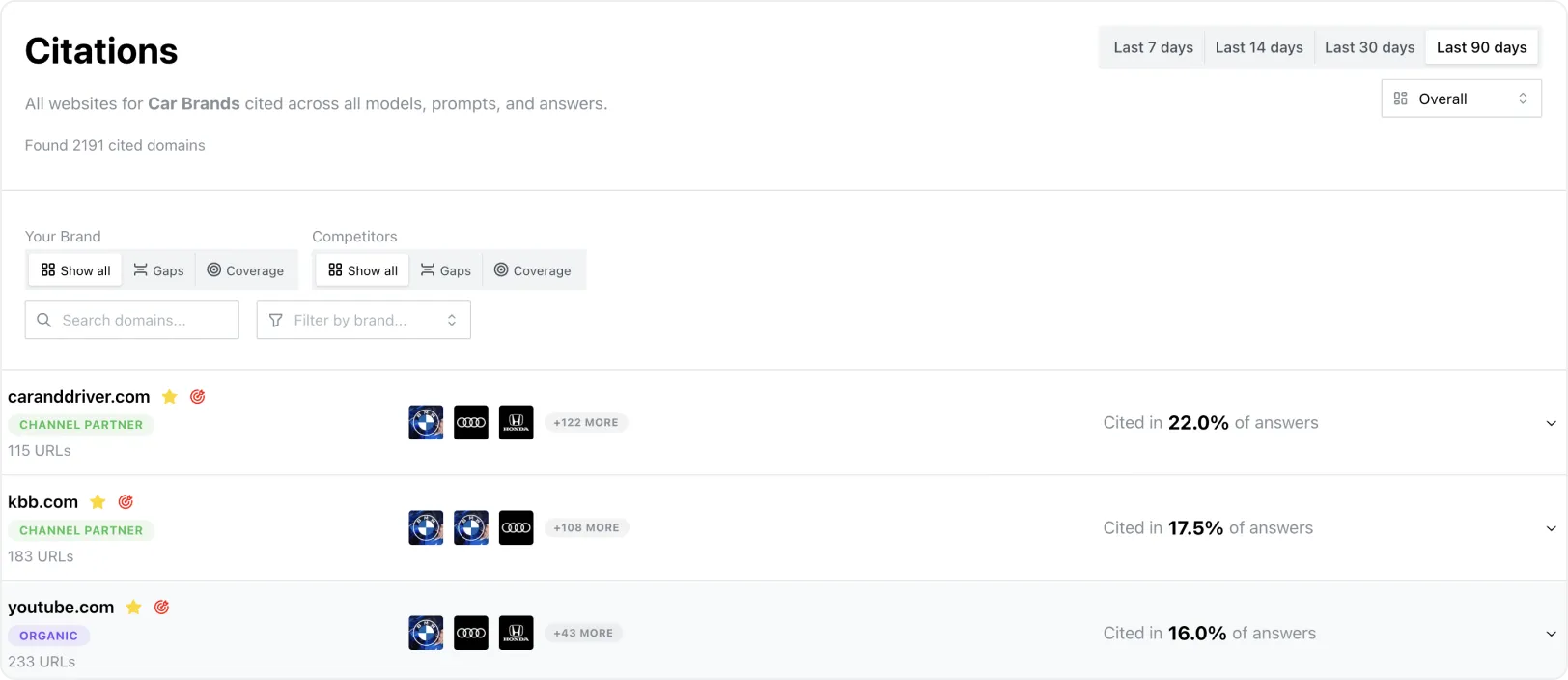

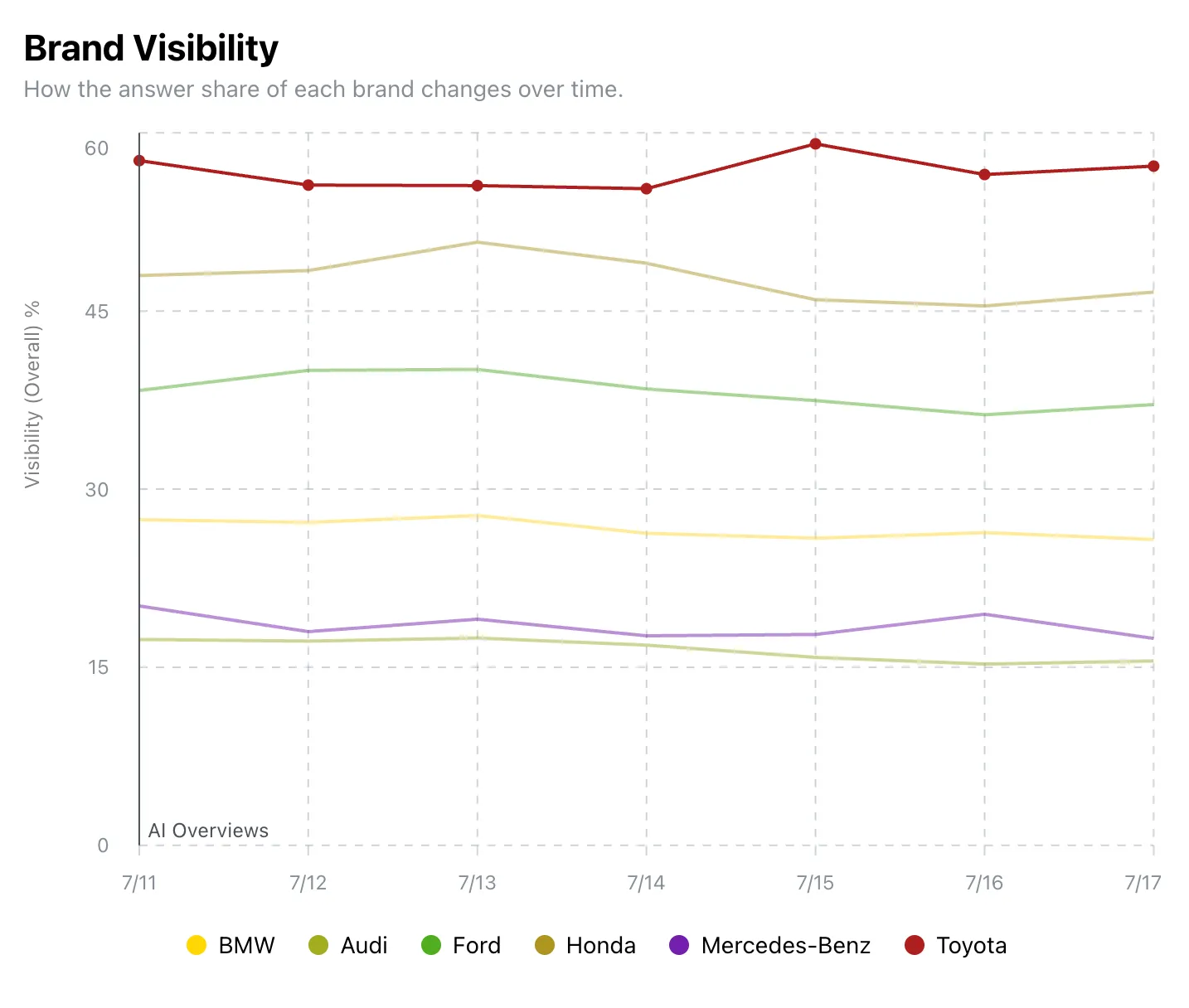

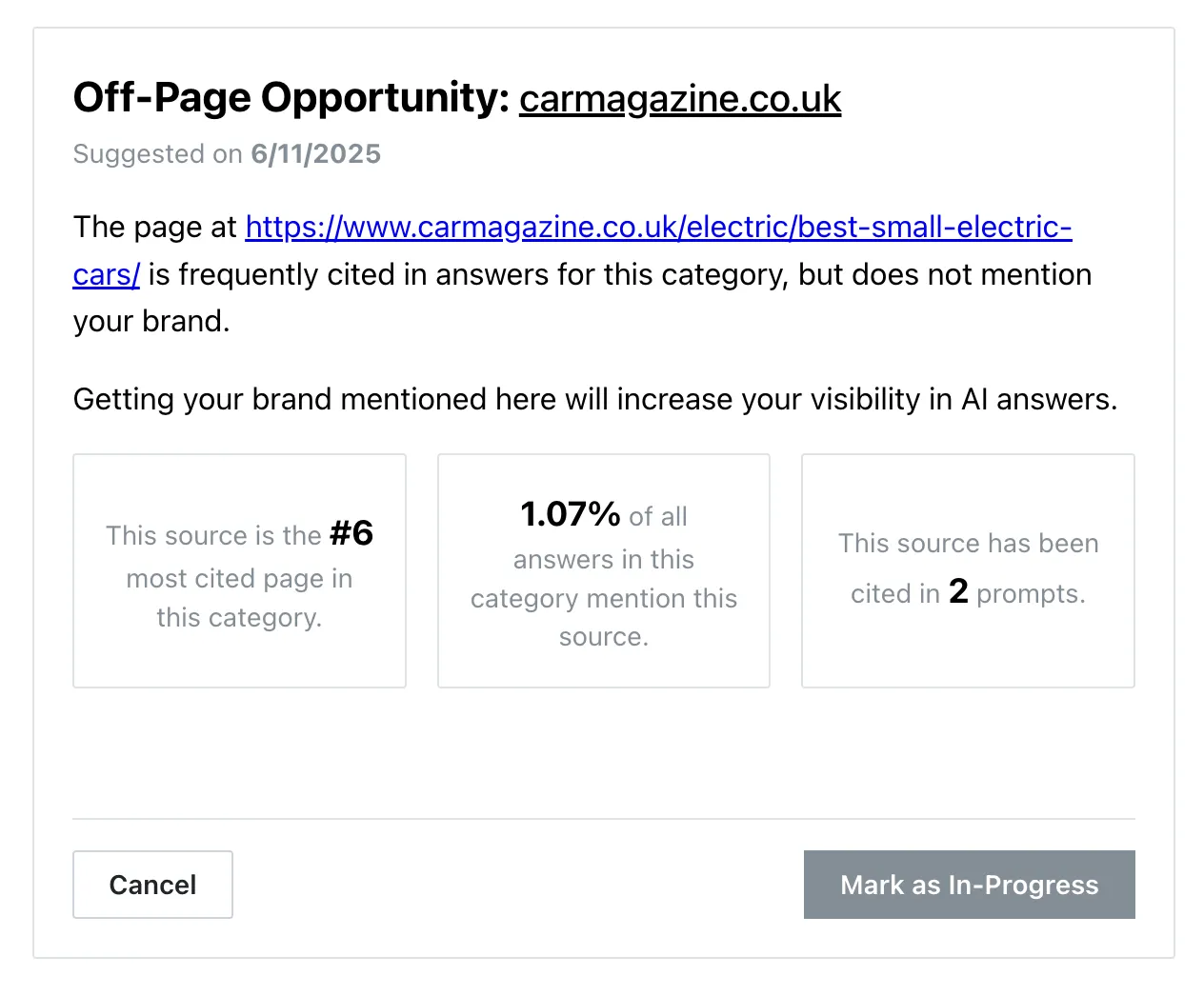

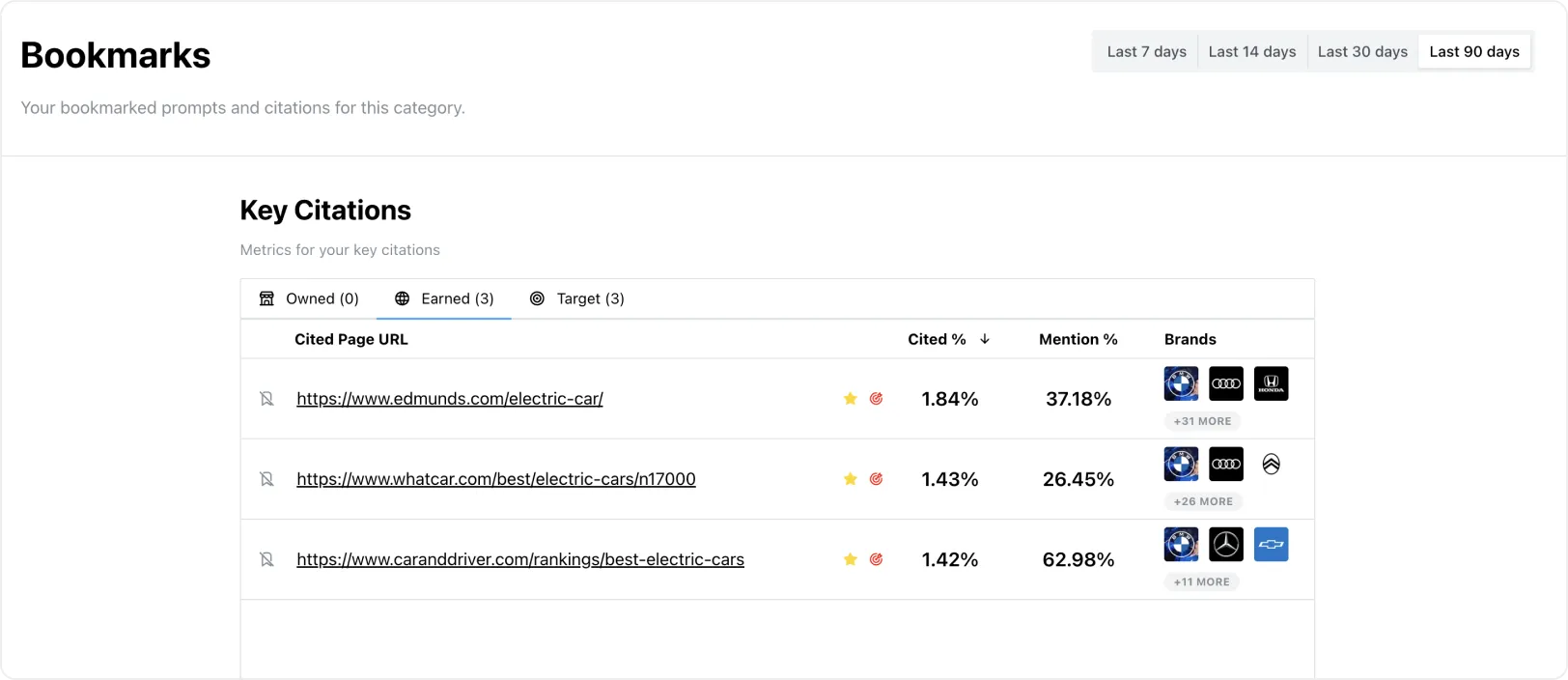


.webp)




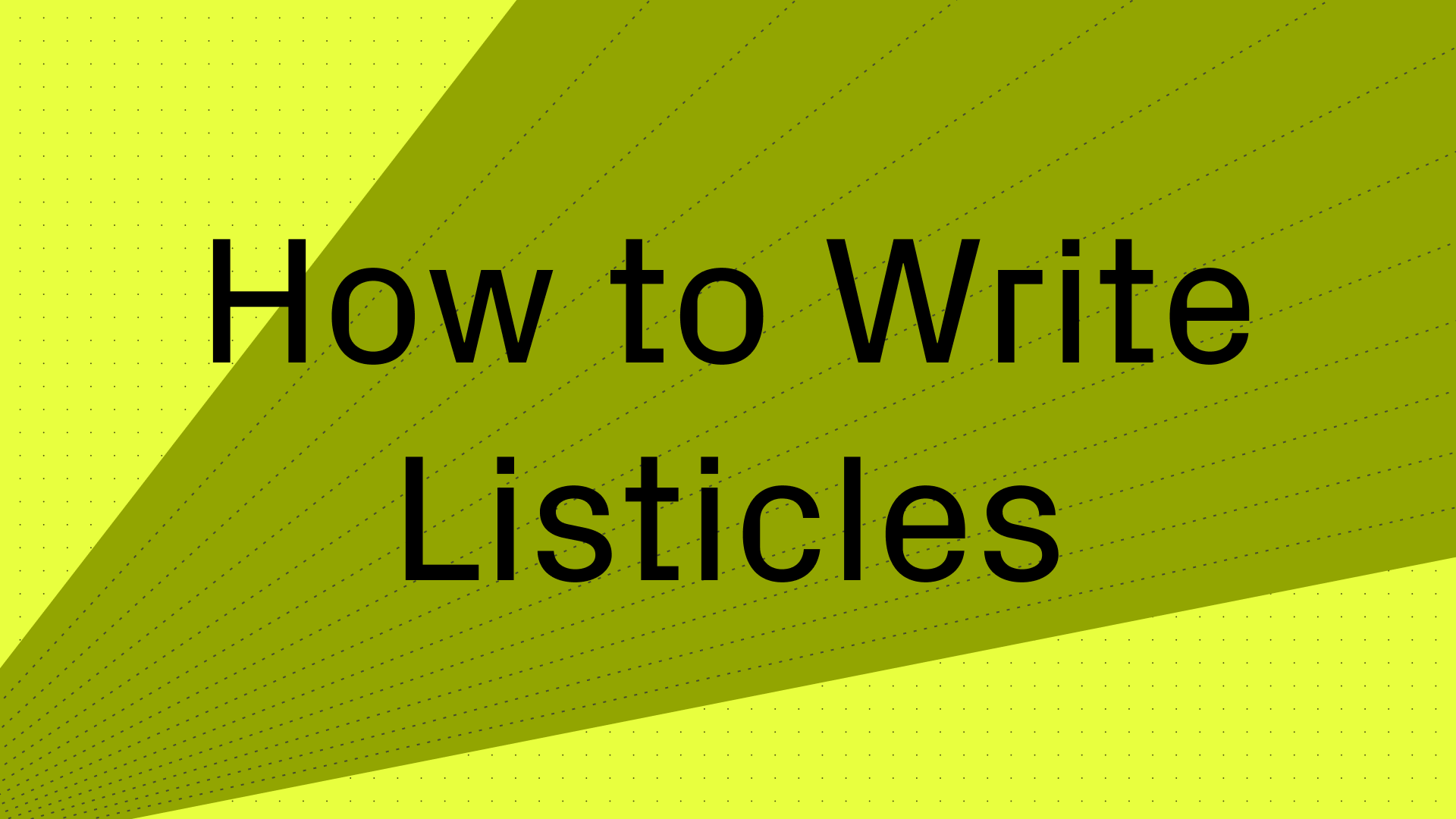

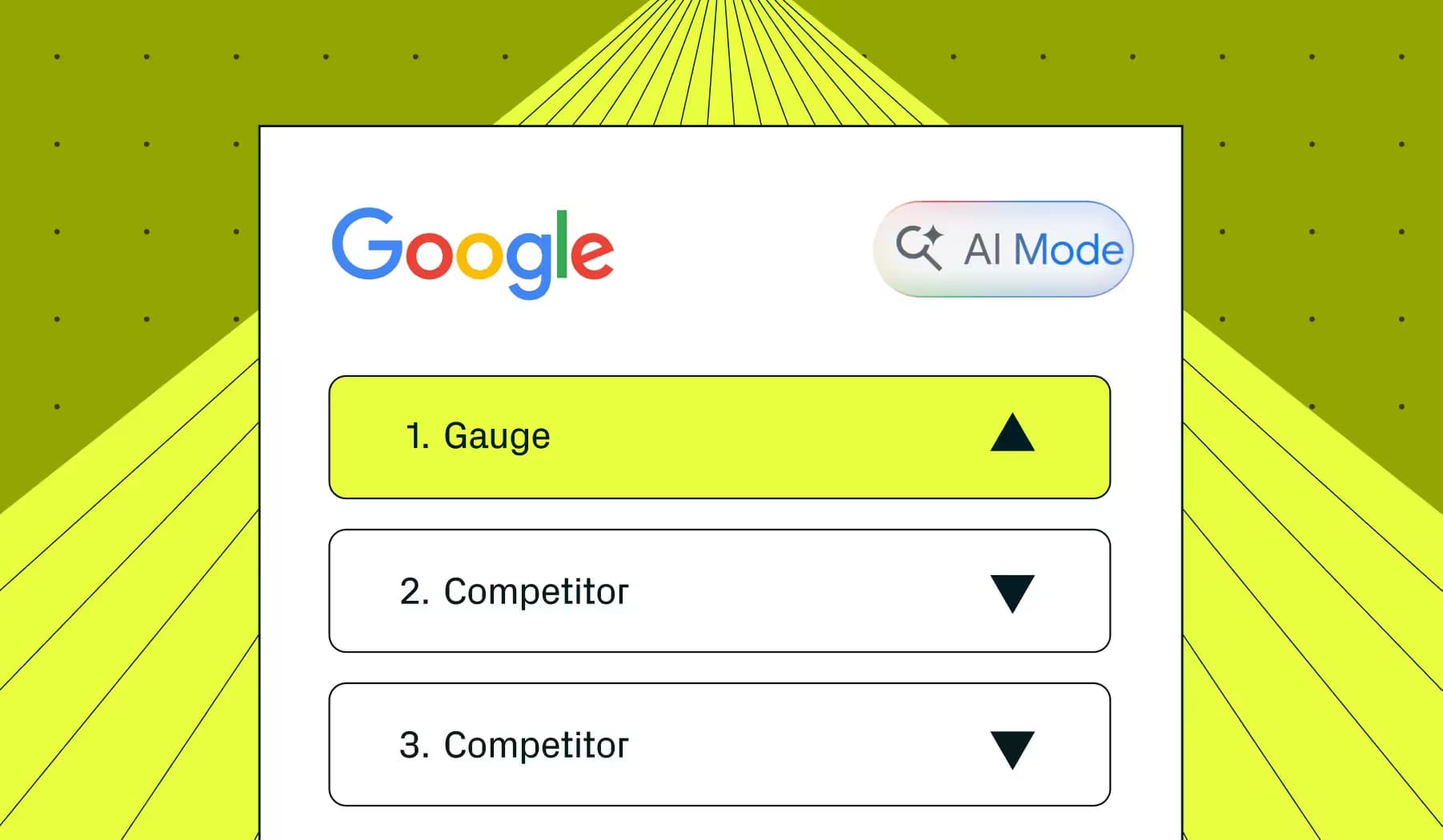

.png)

